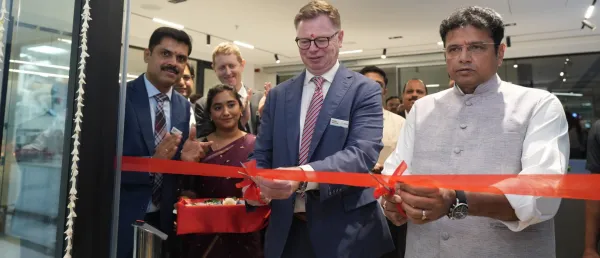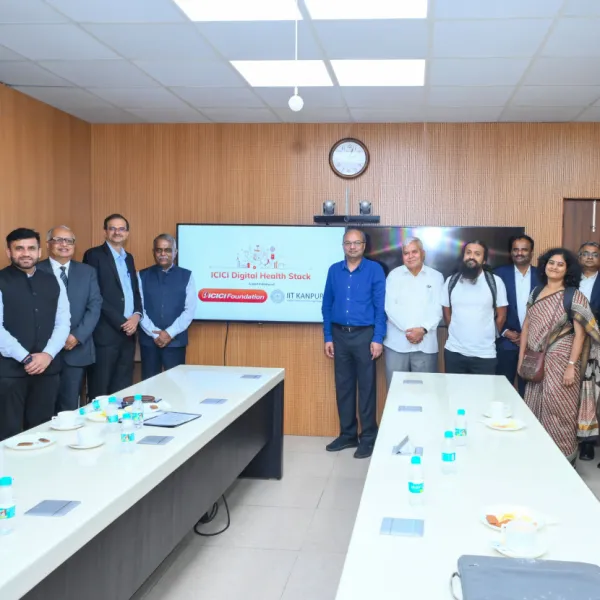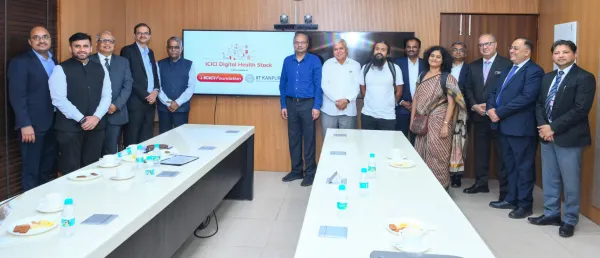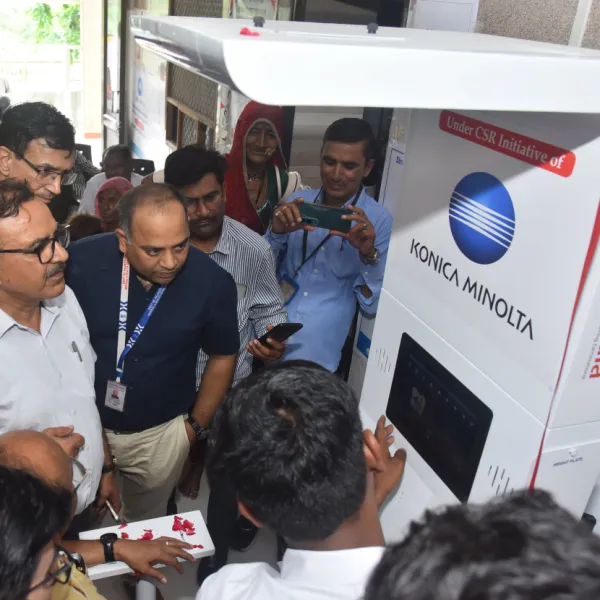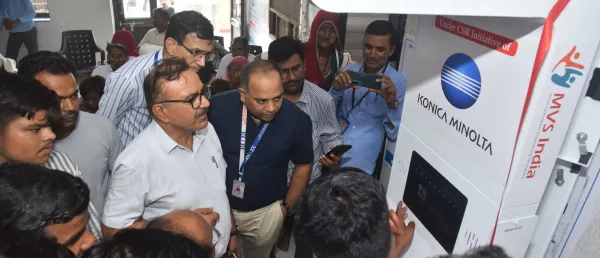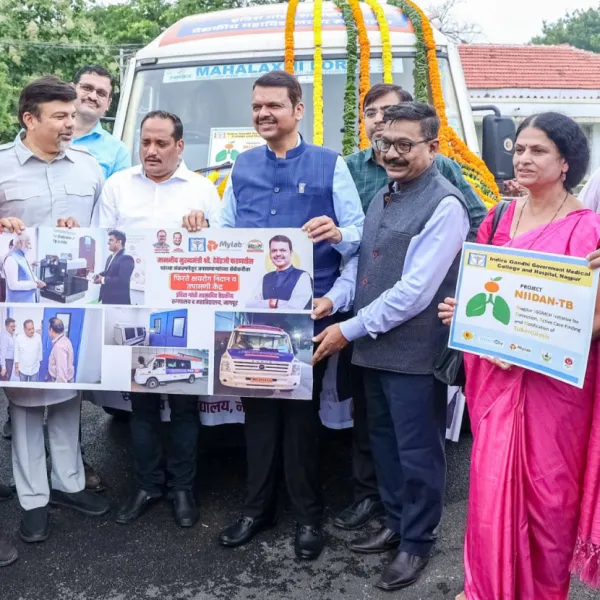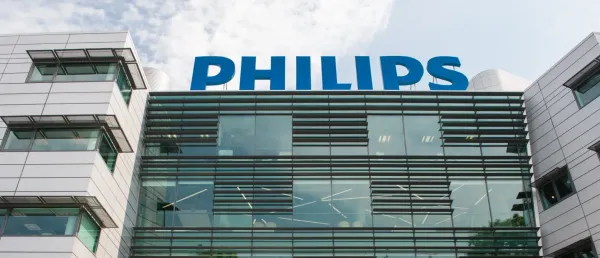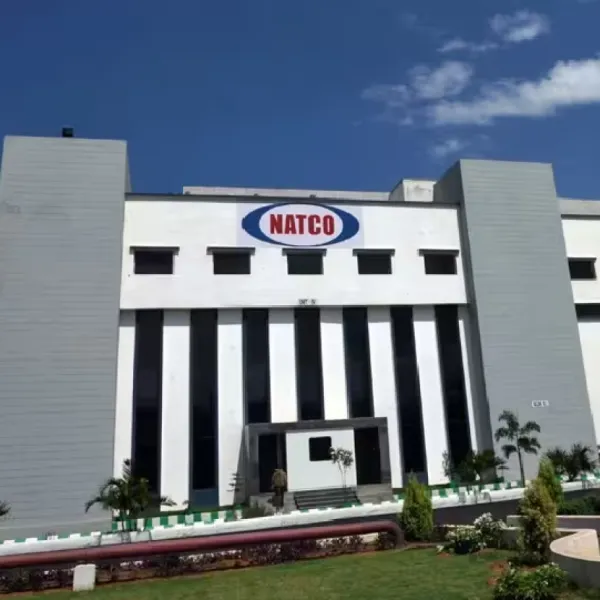Zing Health Adopts Infinitus AI for Faster Medicare Risk Assessments

The voice agent is designed to independently conduct the HRA when patients return the call, allowing Zing Health to reduce administrative burden and adhere to care timelines.
Zing Health has implemented Infinitus’ newly launched patient-facing AI voice agent to automate Medicare-mandated Health Risk Assessments (HRAs), aiming to complete evaluations faster and improve care planning for new enrollees.
Under federal guidelines, Medicare Advantage plans must conduct an HRA within 90 days of a member’s enrollment.
Zing Health, which serves a high proportion of patients with special needs, aims to complete these within 60 days to detect high-risk cases earlier. However, manual outreach has often resulted in repeated call attempts and delays, posing cost and resource challenges.
With the AI system in place, patients can complete assessments at their convenience—even if they miss the initial outreach. The voice agent is designed to independently conduct the HRA when patients return the call, allowing Zing Health to reduce administrative burden and adhere to care timelines.
“The likelihood of us being able to identify unserved clinical needs and connect that individual to their new doctor and their model of care, we have a 2x likelihood of success,” said Meghan Speidel, Chief Operating Officer at Zing Health. “So it's vital, not just because it's a program requirement, but also within our model of care.”
Infinitus Expands Role of AI in Patient Engagement
Infinitus, which has previously focused on automating provider-payer interactions such as prior authorization checks, is now extending its AI capabilities to direct patient communication. According to the company, improvements in AI models and safety protocols have made this transition feasible.
“We're finally ready to have something that can be patient-facing, something that can be knowledgeable in a trusted and guardrail way, something that can, in a predictable fashion, deliver trusted outcomes and something that can be used to make healthcare more proactive instead of reactive,” said Ankit Jain, CEO and co-founder of Infinitus.
A central component of this patient-facing upgrade is Infinitus’ “discrete action space”—a structured knowledge graph created in collaboration with each healthcare partner. This system defines what the AI can and cannot discuss, minimizing the risk of misinformation and ensuring accurate, scope-bound responses.
“Every institution has a different line in the sand about what they are OK with AI doing, and what they want their clinical teams to do,” Jain noted.
The AI agent can verify plan-specific information in real time and escalate queries to human teams when necessary. Infinitus also integrates post-call processing tools to assess the quality and accuracy of each interaction.
Stay tuned for more such updates on Digital Health News.
Stay tuned for more such updates on Digital Health News






